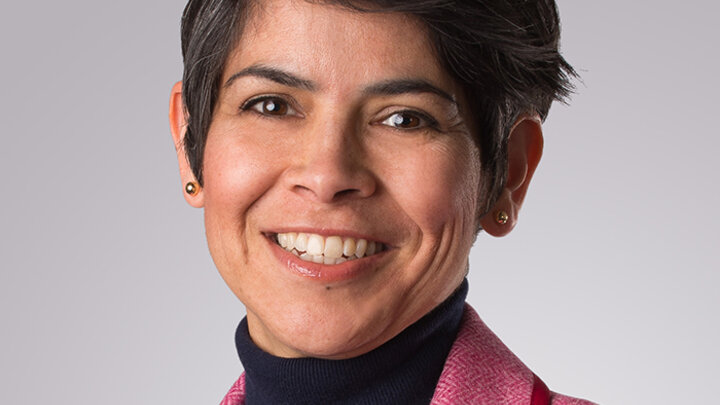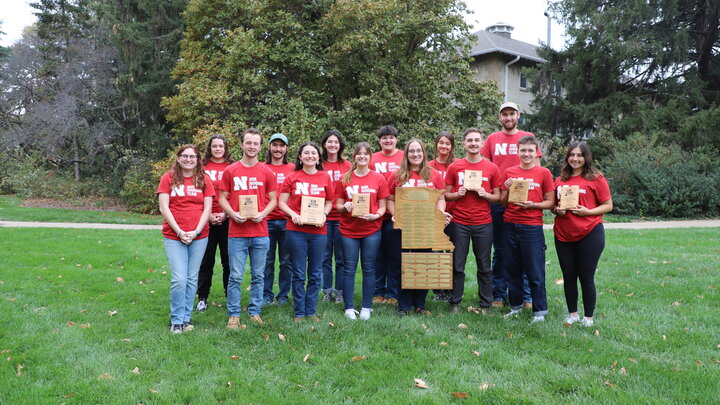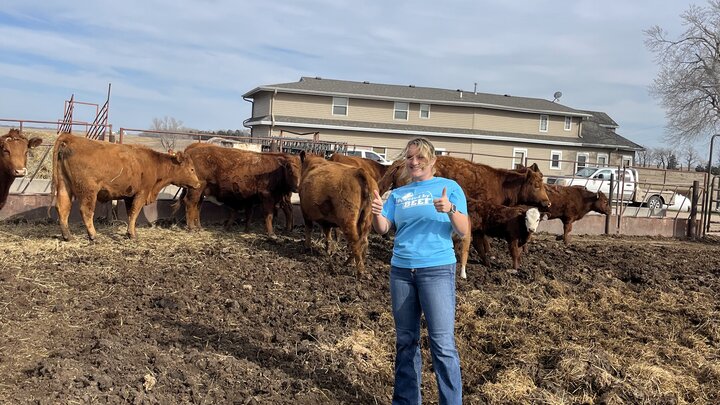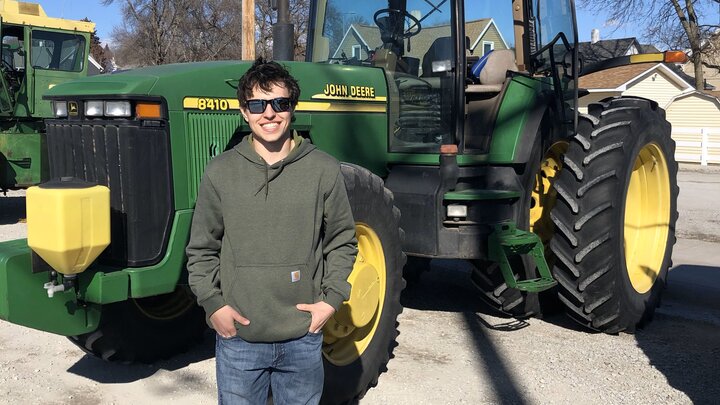Some might call community health workers “local health heroes” because they act as a liaison between community members and the healthcare system.
A community health worker is an umbrella term used to describe a frontline public health worker who provides services ranging from community outreach and education, to social support and patient advocacy, according to Virginia Chaidez, associate professor in the Department of Nutrition and Health Sciences at the University of Nebraska–Lincoln.
These workers live in communities throughout Nebraska and help hard-to-reach groups gain better access to healthcare and health education. Chaidez said most community health workers are in paid positions, but some volunteer their time to the community.
“Community health workers are so passionate about helping people and some are literally volunteering their time,” Chaidez said.
Chaidez and her colleagues work to achieve health equity and eliminate health disparities in Nebraska, particularly as there is an anticipated demographic shift reflecting greater diversity throughout the state. They conduct community-based research to identify health disparities and provide appropriate response addressing specific needs.
“Ultimately, we hope our work helps to improve lives, advocate for underprivileged groups, better inform policies, and break down barriers, structures, and systems that prevent people from having equal access to health and healthcare,” Chaidez said. “The end goal is to make a real impact now and in the future.”
Community Health Workers in Nebraska
Community health workers are an essential group within Nebraska healthcare. Not only do they conduct outreach that promotes and improves both individual and community health, but they also help facilitate access to services. Chaidez said community health workers build trusting relationships by linking individuals with healthcare systems in the communities they serve.
Unfortunately, in most communities, there are not enough community health workers in the workforce to support the population’s needs. Chaidez said there is high demand for increased involvement in Nebraska communities to better serve those in need.
“Community health workers can be anybody – while some have formal education, others have never attended school,” Chaidez said. “Many even volunteer their time because they want to help community members improve their health and gain access to resources.”
However, clear issues exist that prevent people from pursuing the community health worker career path. As part of her research, Chaidez interviews community health workers to determine what keeps individuals in the field. Most responded receiving a livable wage, burnout prevention support, and strong leadership were basic requirements.
Fortunately, there has been a shift in dialogue of how to better serve community health workers and keep them as health workers for the long term, especially since most feel passionately about their community work.
“Community health workers do not do their job for the money, they do it because they want to help people,” Chaidez said.
Vulnerable Populations
Latinx communities tend to experience health disparities and discrimination within the healthcare systems. Chaidez works in conjunction with Nebraska nonprofit health organizations to help improve health among Latinx communities through community health workers.
For Latinx populations, language barriers can prevent people from getting a good job, accessing healthcare, and communicating with healthcare professionals. Many Latinx households are multi-generational, and it is not uncommon for the younger generations to serve as the role of the interpreter or translator of written documents. Research suggests this type of ad hoc interpretation can have adverse consequences.
Language barriers are not the only thing holding people back. Racial tensions and inequities show the issues are systemic, and until those societal issues are addressed, there will not be improvements.
Chaidez said it is critical to raise awareness, reiterate, and re-emphasize (with multiple repetitions) that not all people have equal access to healthcare. She said repeated messages will help convey the issue to community stakeholders.
“There are multiple factors that prevent people from having opportunities to be the healthiest versions of themselves,” Chaidez said. “We need to break down these barriers so people can be their healthiest selves because many times, it is not an individual choice – there are environmental and systemic factors at play that we have a responsibility to improve.”
Community Needs
Community health workers yearn for additional information and more training opportunities on best ways to serve community members. Chaidez said there is an incredible amount of knowledge in academia, and it is critical to share that knowledge with communities.
“Community health workers have said they want more training in basic nutrition knowledge because they want to be able to bring that information back to the community,” Chaidez said.
Because of this, she works to make her own work accessible to all.
“I make an effort to personally email my published work to particular stakeholders who work to support the community health workforce in the state of Nebraska, and I would be happy to share that information with anyone interested,” Chaidez said.
To receive this research or learn more information about Chaidez’s research, email her directly at vchaidez2@unl.edu.




